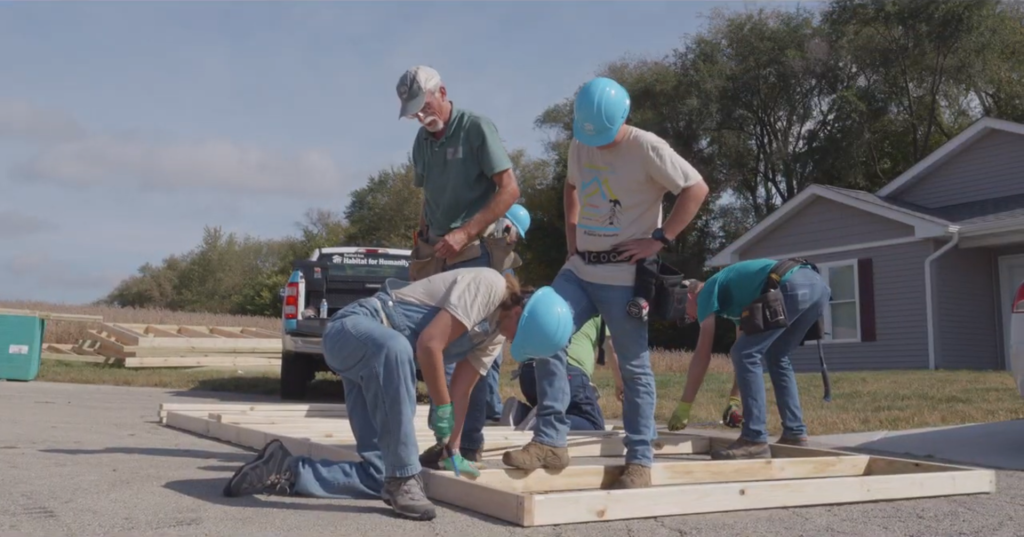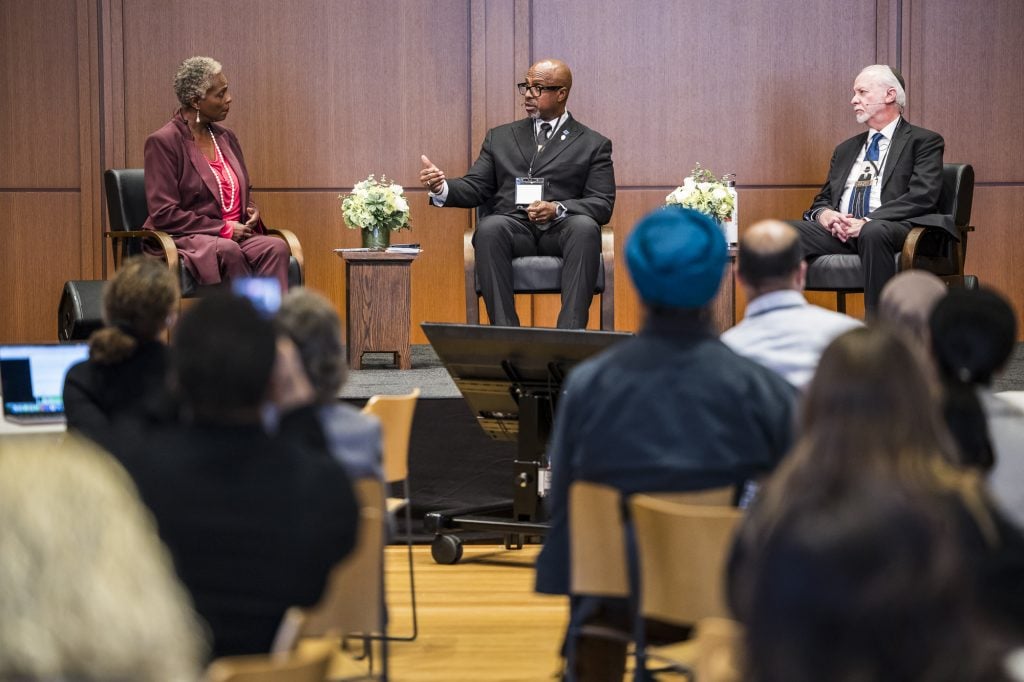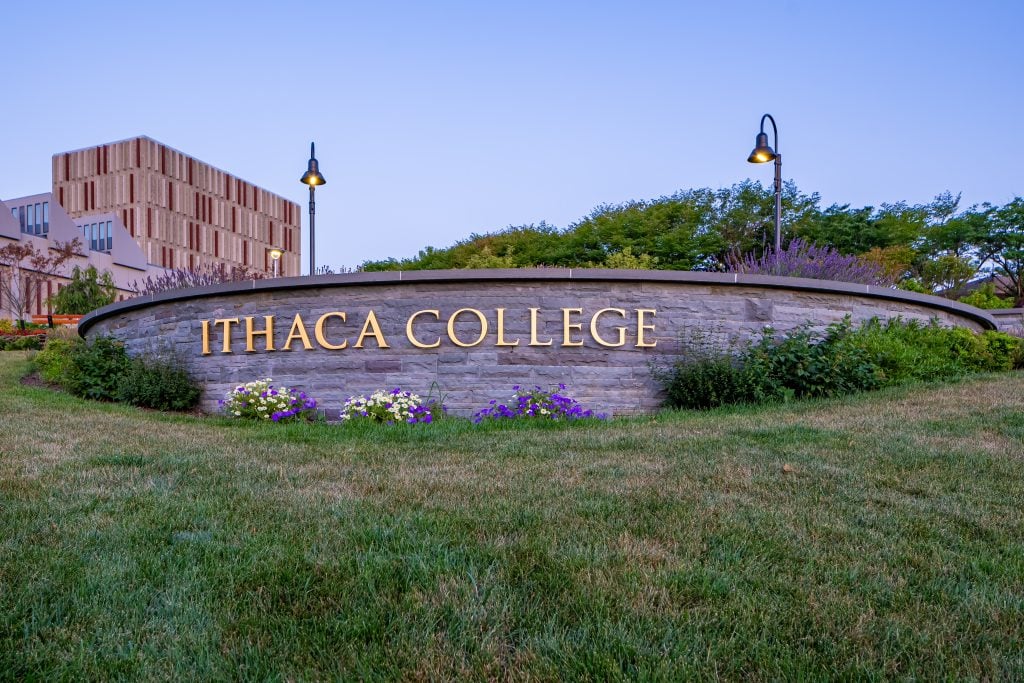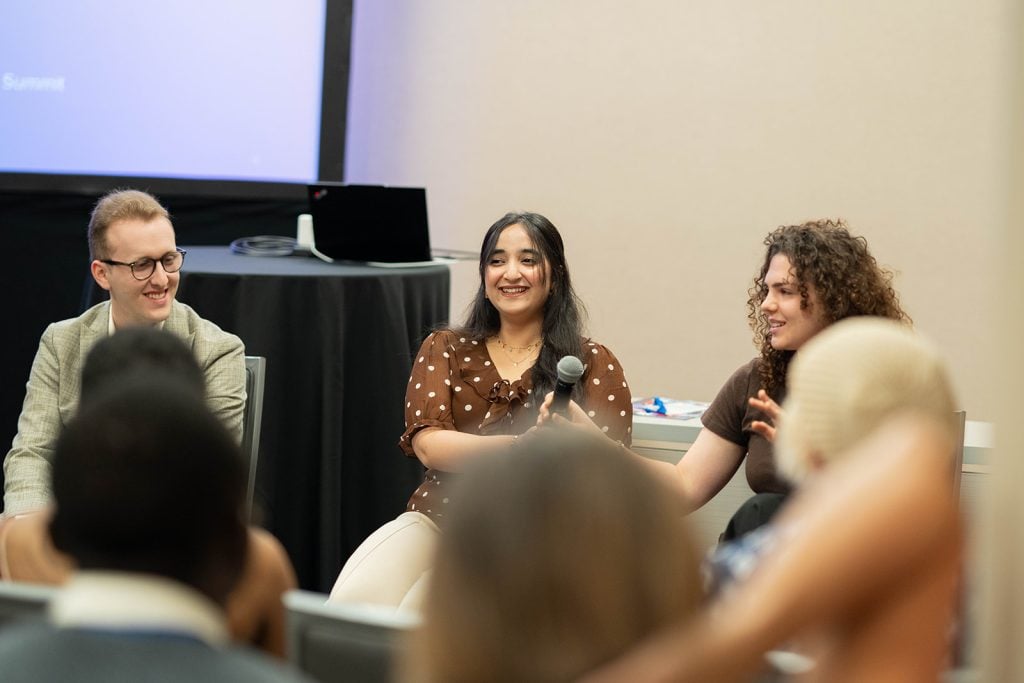Queering Deepavali: Traditions in the Time of COVID and Beyond
November 23, 2020
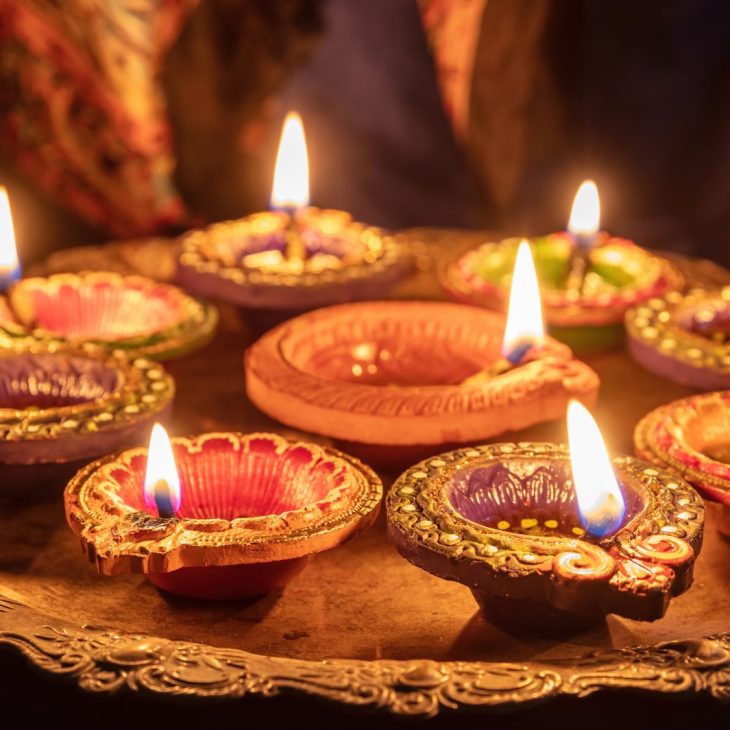
Deepavali (or Diwali) is the Hindu festival of lights and literally translates to “row of lights”.
There are many mythologies surrounding this celebration every Fall. For a portion of Hindus, Deepavali signifies the new year; a time for renewal, community, and planning for the year ahead. For other Hindu communities, it offers gratitude for a bountiful harvest and marks the beginning of new crop planning.
My favorite mythology of this festival is the story of Sri Lakshmi, goddess of fortune and family. The story goes that on the night of Deepavali, she walks the streets in search of the brightest house, full of light and love. These lamps symbolize family, joy, and community. She enters the brightest houses, bringing prosperity for the year ahead. My favorite parts of Deepavali are tasting the many types of desserts, seeing new and old family members, gifting new clothes, and offering prayers to Goddess Lakshmi and other Hindu divinities. I have not spent this holiday with my family since I was a teenager, partially because it was hard to take time off from college (when the holiday usually is a multi-day affair and too close to midterms/finals) and more importantly because I never felt like I could be myself around my family.
As a queer and gender-fluid kid, I never felt comfortable being myself with family and found any excuse possible to avoid the performance required for me to look happy and “normal” as my mother used to say. While the ceremonies spoke about celebrating community and family, I was, directly and indirectly, told that I did not belong. A critical element of my own spiritual journey has been reclaiming Hindu festivals, like Diwali, by creating my own traditions and celebrating with my chosen family. As an adult, I’ve been lucky enough to move to cities with large queer Desi communities or other diverse religious identities. While I’m a proud practicing Hindu and Buddhist, Deepavali for me is about building an interfaith table that celebrates the diversity of our communities.
Sharing my culture while making space for other celebrations has always been important to my worldview. Hinduism professes “Ekam Sat Vipraha Bahudha Vadanti” (There is one truth and the wise see it in many forms). This is the foundation of our pluralistic view of the world. Celebrating Deepavali and the autumn harvest has been a way to bring together and honor traditions and learning how other cultures honor similar annual milestones. For years, my small apartment became a gathering space for Hindus, Muslims, Sikhs, and Christians as we observed Deepavali. I would invite friends to offer a puja to Sri Ganesha and Sri Lakshmi; praying for auspicious beginnings and prosperity in the new year. I love explaining the various symbols, sharing gratitude for the year behind us and intentions for the year ahead. One year, I even joined forces with Muslim friends to host Eid-Diwali festivities when they occurred close to each other. These celebrations allow me to practice my values of inclusion while also learning to resist the xenophobic and fundamentalist perspectives I was taught as a child. Rituals and traditions are meant to be interpreted in our context rather than static experiences that aim to demonstrate religious purity.
This year has been more difficult than ever given the various public health, racial justice, and political pandemics we are living and navigating. Yet, I’m trying to find joy in health and having a strong community. In some ways, my community has become more important than ever before. While there was no in-person gathering, we hosted a virtual impromptu celebration that was more beautiful than we could have imagined. Having a multi-faith gallery of people across the country celebrating, offering intentions for the coming year, and reflecting on our lessons of this last year gives me hope and optimism. As we transform traditions to ensure the health of our loved ones, I can hear the voices of some orthodox practitioners have an issue with celebrating a multi-faith Diwali, choosing virtual gatherings, and even ignoring to challenge caste-based mythologies surrounding the holiday, I choose to honor the complexity and messiness of our world and recommitting to learning, healing and living my truth each day. Here’s my prayer for all of us:
May this day bring a sunrise of healing, a day of reflection and community, and a sunset to the collective trauma we have held for so long. At night may each ancestral star guide us towards accepting and dusting off our own light to shine bright. Deepavali reminds me that my own light does not diminish as I help other lights shine bright and that together we can brighten the world. While this is not the year that any of us imagined, I have so much gratitude for the lessons being (un)learned about who I am, my purpose in this world, and the power of trusting the universe. May the year ahead bring you an abundance of healing, joy, family, love, and of course lots of desserts.
Raja Gopal Bhattar, Ph.D., (they/them/theirs) hails from a long lineage of Hindu spiritual leaders from the Srivaishnava tradition. They are a higher education leader, advocate, and consultant. Bhattar is a 2020 Interfaith America Racial Equity Fellow.
Share
Related Articles
